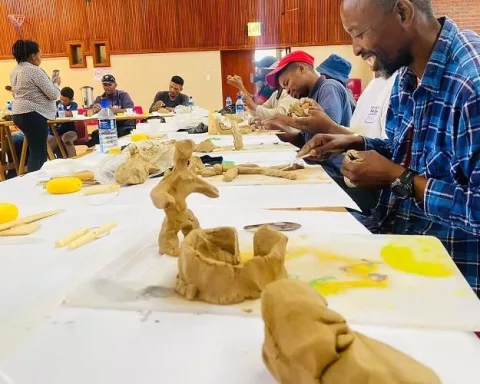In South Africa, gender-based violence and femicide are pervasive issues that continue to plague university campuses across the nation. The brutal murder of Uyinene Mrwetyana, a young student at the University of Cape Town, serves as a stark reminder of the deeply entrenched issues that need to be addressed urgently.
Deputy Minister of Higher Education Takes a Stand
In response to this pressing issue, Deputy Minister of Higher Education, Science and Technology Buti Manamela took a firm stand during his keynote speech at the Anti-Gender-Based Violence and Femicide Assembly held at the University of Cape Town. Manamela implored higher education institutions to eradicate these pervasive problems by taking a resolute stance.
Uyinene Mrwetyana Foundation
The Uyinene Mrwetyana Foundation, established by her family in response to her untimely death, plays a vital role in the combat against these issues. Its mission is to nurture responsible and compassionate young men as a key tactic in the fight against gender-based violence and femicide.
Government’s Broader Efforts
Manamela’s address highlighted the government’s broader efforts to eliminate these scourges within the post-school education and training sector, marking the assembly as part of a more extensive initiative. The higher education department has taken definitive steps to hold perpetrators accountable, including the introduction of policies and protocols, collaboration with law enforcement agencies, and extensive dialogues with universities.
Shifting Perceptions Required
Manamela’s speech underscored that gender-based violence and femicide are fundamentally about power, stressing the need to shift perceptions surrounding gender roles among students. By altering these ingrained beliefs, it is hoped that safer and more equitable learning environments can be cultivated for all.
Collective Action Required
The fight against gender-based violence and femicide in higher education requires a united front, with institutions, communities, and individuals joining forces to confront and address the issue head-on. It is through collective action, empathy, and unwavering commitment that genuine change can be achieved, ensuring that future generations can pursue their education in a safe and inclusive environment.
The memory of Uyinene Mrwetyana and countless other victims serves as a powerful catalyst for this vital transformation, driving society towards a brighter, more equitable future.












